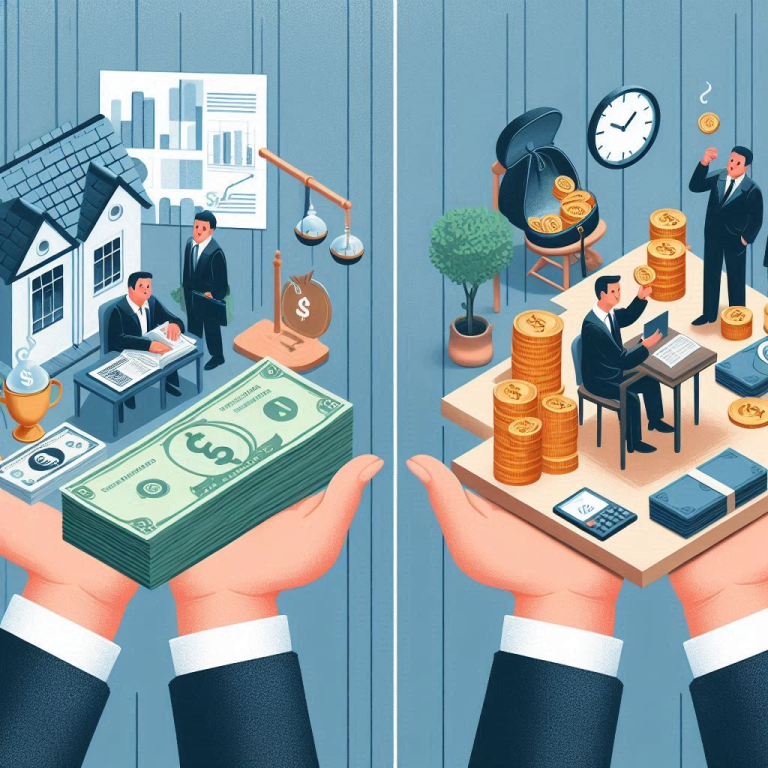Many may not know the difference between rich and wealthy from socioeconomic point of view.
According to some experts, the difference between rich and wealthy from a socioeconomic point of view is not just about the amount of money or possessions one has, but also about the sustainability and source of one’s income and assets.
Being rich typically means having a lot of possessions and material wealth, while being wealthy is more about having sustainable and lasting wealth. Rich people may focus more on spending and maintaining a certain lifestyle, while wealthy people may prioritize accumulating assets that produce income or appreciate in value.
Being rich implies having a high income or significant financial resources at a given moment. Wealthy individuals accumulate a high net worth through investments, assets, and long-term financial stability. While both terms are associated with financial success, wealth is a more sustainable and LONG-LASTING FORM OF FINANCIAL SECURITY.
Some examples of the difference between rich and wealthy are:
– A rich person may buy liquid or depreciating assets, such as expensive cars or designer clothing, that do not produce income and can lose value over time. A wealthy person may buy assets that generate income or appreciate in value, such as stocks, bonds, real estate, or businesses.
– A rich person may have a high-paying job, but their income may depend on their continued work or performance. A wealthy person may have passive income from their investments or assets, that can cover their expenses without working.
– A rich person may have a lot of money, but they may also have a lot of debt or liabilities. A wealthy person may have a positive net worth, meaning their assets are more than their liabilities.
The attitude of a society has somewhat changed over times. Earlier showing off your status by owning expensive brands was considered more acceptable but now many (of course, not all women MP) like avoid showing off due to social thinking that one becomes rich only by committing frauds.
Of course, the attitude of a society towards wealth and consumption may vary depending on the economic, cultural, and historical factors that influence people’s values and beliefs.
Some possible reasons why showing off one’s status by owning expensive brands was considered more acceptable in the past are:
– Consumption was seen as a way of expressing one’s identity and individuality, as well as a source of pleasure and satisfaction.
– Consumption was also a way of signaling one’s success and achievement, as well as a means of gaining social recognition and approval.
– Consumption was influenced by social comparison and imitation, as people tended to follow the trends and preferences of others, especially those who were perceived as influential or had celebrity status.
Some possible reasons why many people avoid showing off their wealth and consumption in the present are:
– Consumption is associated with negative consequences, such as environmental degradation, social inequality, and ethical issues.
– Consumption is challenged by alternative values, such as frugality, simplicity, and sustainability, that promote a more responsible and mindful use of resources.
The attitude of a society towards wealth and consumption is not fixed or static, but rather dynamic and evolving, reflecting the changes and challenges that people face in their lives.
For further reading you may consider the book “As Gods Among Men: A History of the Rich in the West” by Historian Guido Alfani.
Concluded.

